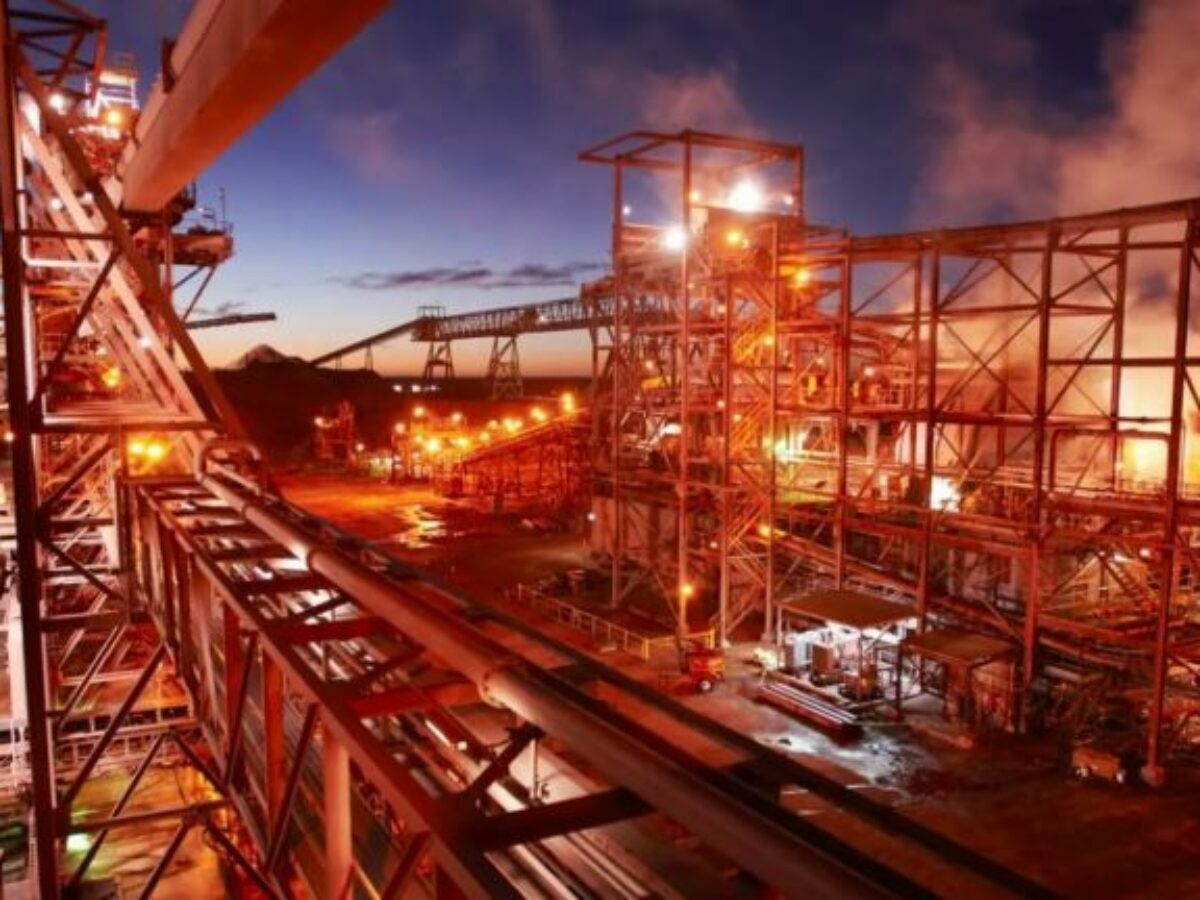Best of the week — the five most popular stories among readers, February 26 – March 1, 2024

What were the five biggest stories of the week? Here’s what visitors to this site were reading.
5) Toyota Australia assembles first hydrogen-powered generator at Altona
Toyota Australia has announced that mining services company Thiess will take delivery of the first locally-assembled EODev GEH2 hydrogen fuel cell stationary power generator.
The announcement was made on Thursday at Toyota’s Altona site – which hosted car assembly until October 2017 – by Toyota Australia’s President and CEO Matthew Callachor, marking completion of the first GEH2 generator made there.
According to a statement from the Japanese-headquartered company, the generator was designed by French company EODev, with support from Toyota Motor Europe, and uses the same Toyota Fuel Cell System that powers the Mirai FCEV.
4) Trapping forever chemicals with nutshells
Next up in our quest to seek out Australia’s 50 Most Innovative Manufacturers, we speak to a startup that’s found a way to simultaneously add value to farming waste, address the environmental stain of PFAS, and sequester carbon dioxide. Brent Balinski speaks to Bygen founder Dr Lewis Dunnigan.
3) Seeley to expand air conditioning manufacturing
Heating and cooling systems manufacturer Seeley International is to expand its air cooling manufacturing operations in Adelaide focused on export to the California market.
Group Managing Director Jon Seeley said the company would extend its Lonsdale facility and update equipment for the scale-up of its innovative Climate Wizard Hybrid model which integrates evaporative cooling, heating and humidity control functions in one all-electric product.
Climate Wizard uses unique indirect evaporative cooling technology which allows the achievement of lower temperatures than previously possible with traditional air cooling.
2) EOS joint venture takes technology to Middle East
Defence and communications manufacturer Electro Optic Systems has moved into the Middle East, inking a MOU leading to a joint venture with a local manufacturer to penetrate the region’s markets with its its remote weapons stations.
The region is already the biggest customer for the RWS with ‘a Middle East customer’ placing an order worth $450 million – the order is still in process of being delivered.
Now EOS Defence Systems has entered into a Memorandum of Understanding with Shielders Advanced Industries, a specialist metal processor and fabricator based in the United Arab Emirates (UAE).
1) BHP gets serious about copper metal production
BHP might just be getting serious about fully exploiting its ability to refine and export copper on a large scale from its South Australian copper mines – however the company has considered major expansions previously and baulked at the cost, writes Peter Roberts.
In 2012 BHP halted plans for a $30 billion expansion of its Olympic Dam copper and uranium mine and most recently in 2020 abandoned a $3.5 billion Brownfield Expansion (BFX) citing low prices for the resource.
However things have changed since then with copper firming as the key raw material for the electrification of transport and industry and BHP moving to control more of the state’s copper – Australia is the world’s second biggest source and SA is the site of 70 percent of Australia’s copper.
And in case you missed our podcast…
In episode 85, Dr Lewis Dunnigan, the CEO and Co-Founder of Bygen, tells us about forming his company while studying his PhD, how it's using agricultural waste to address the problem of “forever chemicals”, why missing research targets can still be useful later on, and more; and
In episode 86, Mark Henry, founder and Managing Director at Solidteknics, tells us more about the imperative of world-firsts, as well as having a serious crack at the US market this year, just whose responsibility it is to re-grow the local skills that have disappeared, his best guess at what artificial intelligence will do to manufacturing, and more.
Picture: Olympic Dam (credit BHP)
@aumanufacturing Sections
Analysis and Commentary Awards casino reviews Defence Gambling Manufacturing News Online Casino Podcast Technology Videos





